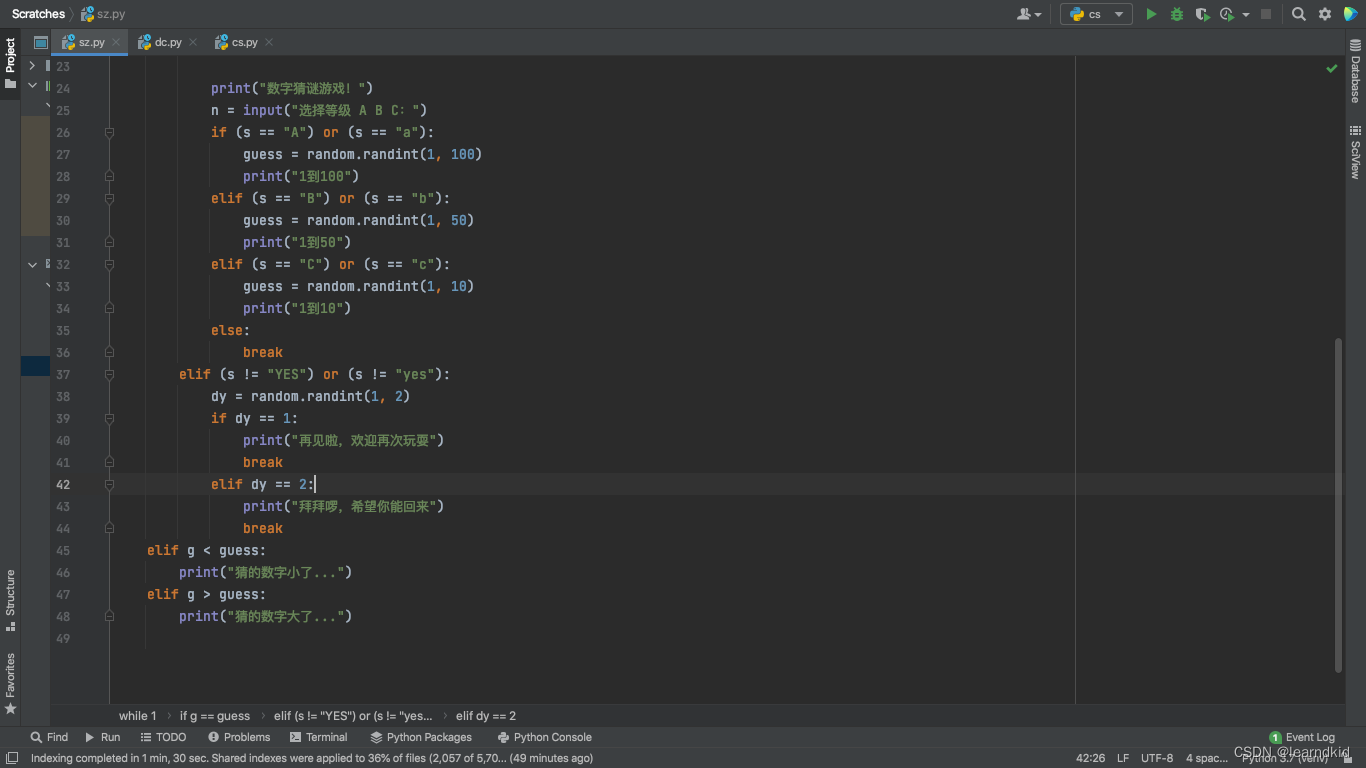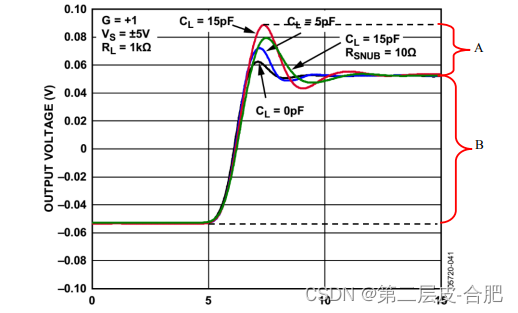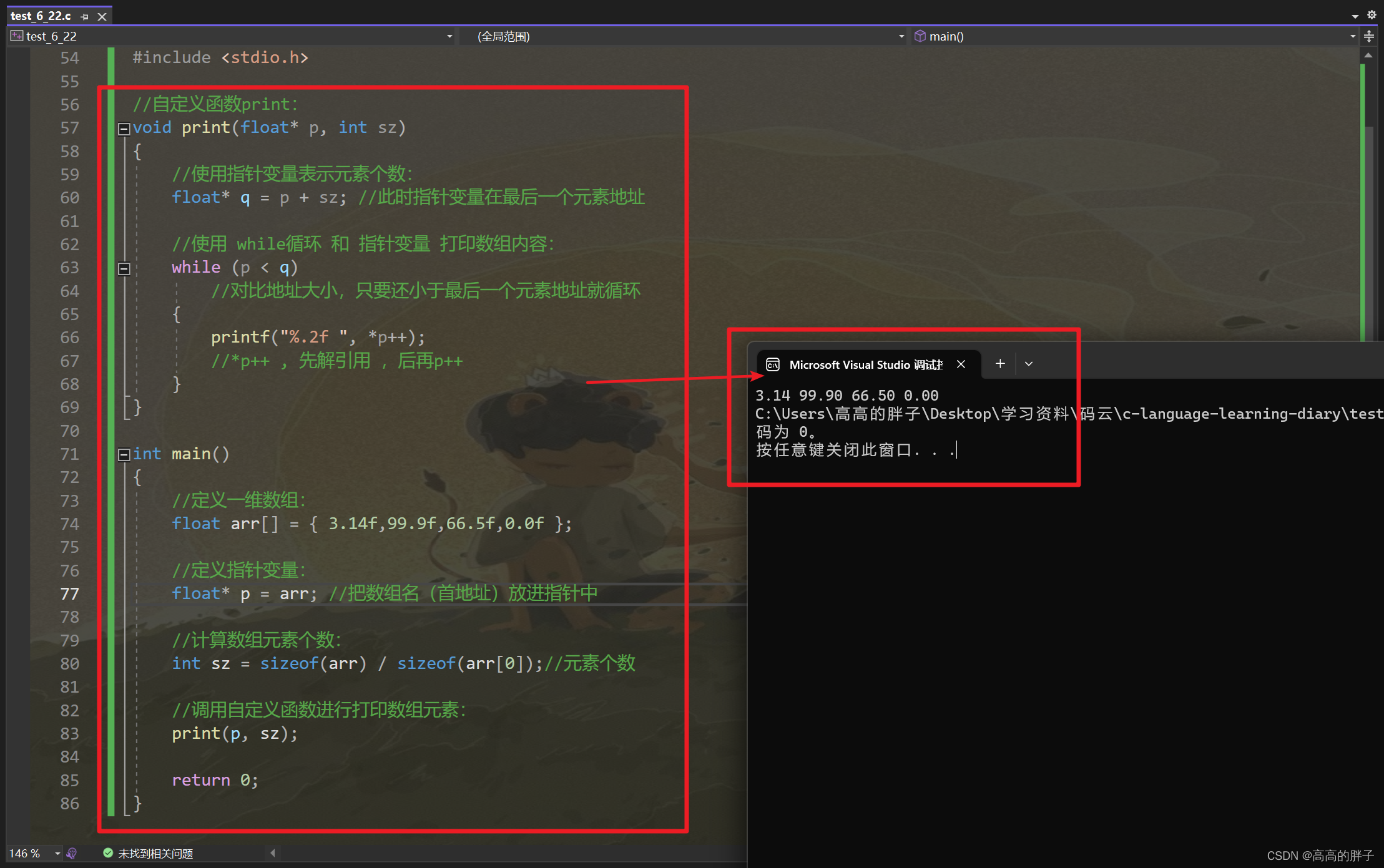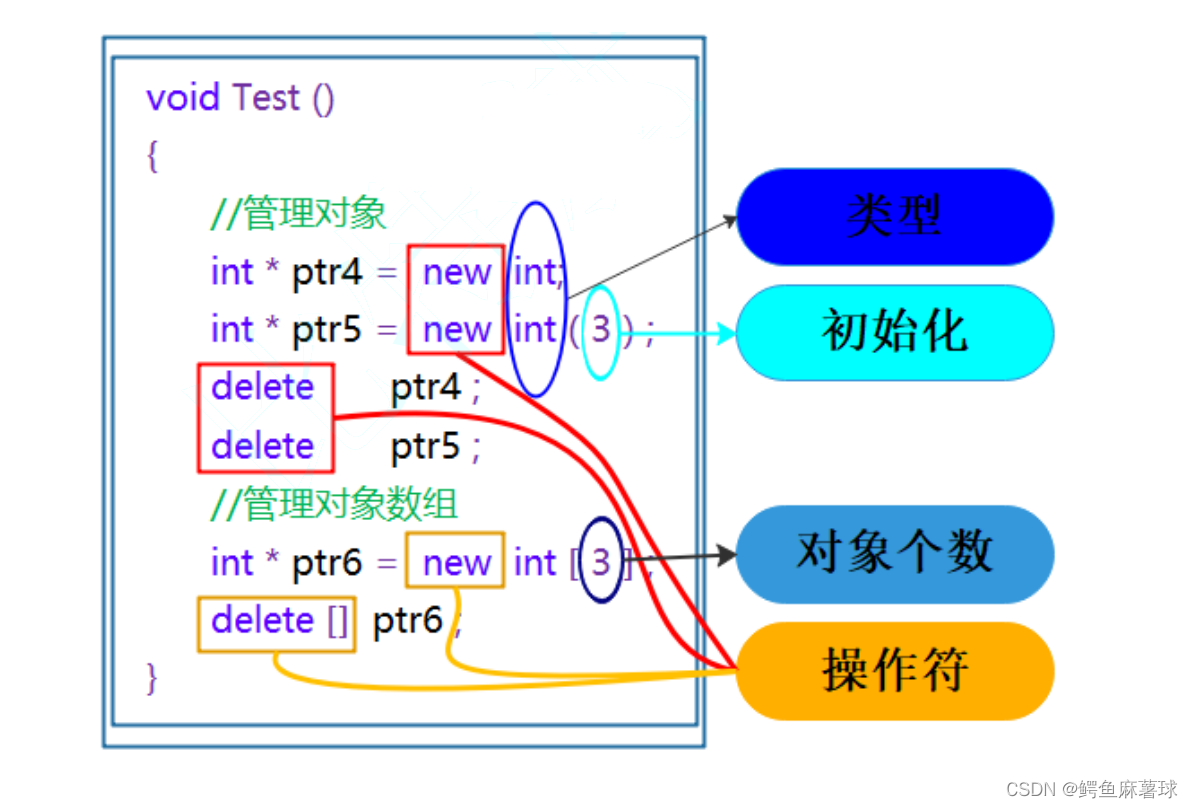定义于头文件 <streambuf>
| template< class CharT, |
类 basic_streambuf 控制字符序列的输入与输出。它包含下列内容并提供到它们的访问:
1) 受控制字符序列,又称为缓冲区,它可含有为输入操作缓冲的输入序列(又称为获取区),和/或为输出操作缓冲的输出序列(又称为放置区)。
2) 关联字符序列,又称作源(对于输入)或池(对于输出)。它可以是通过 OS API 访问的实体(文件、 TCP 接头、串行端口、其他字符设备),或者可以是能转译成字符源或池的对象( std::vector 、数组、字符串字面量)。
I/O 流对象 std::basic_istream 及 std::basic_ostream ,还有所有导出自它们的对象( std::ofstream 、 std::stringstream 等),都完全以 std::basic_streambuf 实现。
成员函数
析构 basic_streambuf 对象
std::basic_streambuf<CharT,Traits>::~basic_streambuf| virtual ~basic_streambuf(); |
此析构函数为空:此 basic_streambuf 的成员(指针和本地环境)与此析构函数返回后的通常对象析构序列一致的顺序析构。然而,因为它被声明为公开虚函数,故通过指向基类的指针删除允许导出自 std::basic_streambuf 的对象。
参数
(无)
受保护成员函数
构造 basic_streambuf 对象
std::basic_streambuf<CharT,Traits>::basic_streambuf| protected: | (1) | |
| protected: | (2) | (C++11 起) |
1) 构造 basic_streambuf 对象,初始化六个成员( eback() 、 gptr() 、 egptr() 、 pbase() 、 pptr() 和 epptr() )为空指针值, locale 成员为 std::locale() ,构造时的全局 C++ 本地环境的副本。
2) 从 rhs 复制构造,初始化六个指针和 locale 对象为 rhs 所保有值的副本。注意这是浅复制:新构造的 basic_streambuf 的指针指向的字符数组与 rhs 的相同。
两个构造函数均为受保护,而且仅为具体的 streambuf 类,如 std::basic_filebuf 、 std::basic_stringbuf 或 std::strstreambuf 调用。
参数
| rhs | - | 要复制的 streambuf 对象 |
注意
C++11 前, basic_streambuf 或其任何导出类是否可复制构造 (CopyConstructible) 是未指定的( LWG 问题 421 ),而不同的 C++ 库实现提供不同的选项。
替换 basic_streambuf 对象
std::basic_streambuf<CharT,Traits>::operator=| basic_streambuf& operator=( const basic_streambuf& other ); | (C++11 起) |
赋值 other 的数据成员给 *this 。
参数
| other | - | 要复制的流缓冲 |
返回值
*this
异常
(无)
交换二个 basic_streambuf 对象
std::basic_streambuf<CharT,Traits>::swap| void swap( basic_streambuf& other ); | (C++11 起) |
交换流缓冲与 other 的内容。
参数
| other | - | 要交换内容的流缓冲 |
返回值
(无)
异常
(无)
调用示例
#include <iostream>
#include <fstream>
int main()
{
std::filebuf* fbp = new std::filebuf;
fbp->open("test.txt", std::ios_base::out);
fbp->sputn("Hello\n", 6);
std::streambuf* sbp = fbp;
delete sbp; // 关闭文件,冲入并写入输出
std::ifstream f("test.txt");
std::cout << f.rdbuf(); // 证明
}
输出

受保护成员函数
本地环境
调用 imbue()
std::basic_streambuf<CharT,Traits>::pubimbue,
std::basic_streambuf<CharT,Traits>::imbue| std::locale pubimbue( const std::locale& loc ); | (1) | |
| protected: | (2) |
更改关联的本地环境。
1) 设置 loc 为本地环境。调用最终导出类的 imbue(loc) 。
2) 此函数的基类版本无效果。导出类可覆写此函数以提示本地环境的更改。最终导出类可以在 imbue() 的调用间缓存本地环境和成员平面。
参数
| loc | - | 要关联的 locale 对象 |
返回值
1) 先前关联的本地环境。
获得相关本地环境的副本
std::basic_streambuf<CharT,Traits>::getloc| std::locale getloc() const; |
返回关联的本地环境。
关联的本地环境是在最后一次调用 pubimbue() 时提供的值,或若未调用过该函数,则为在构造 streambuf 时全局本地环境的值( std::locale )。
参数
(无)
返回值
关联的本地环境。
更改关联的本地环境
std::basic_streambuf<CharT,Traits>::pubimbue,
std::basic_streambuf<CharT,Traits>::imbue| std::locale pubimbue( const std::locale& loc ); | (1) | |
| protected: | (2) |
更改关联的本地环境。
1) 设置 loc 为本地环境。调用最终导出类的 imbue(loc) 。
2) 此函数的基类版本无效果。导出类可覆写此函数以提示本地环境的更改。最终导出类可以在 imbue() 的调用间缓存本地环境和成员平面。
参数
| loc | - | 要关联的 locale 对象 |
返回值
1) 先前关联的本地环境。
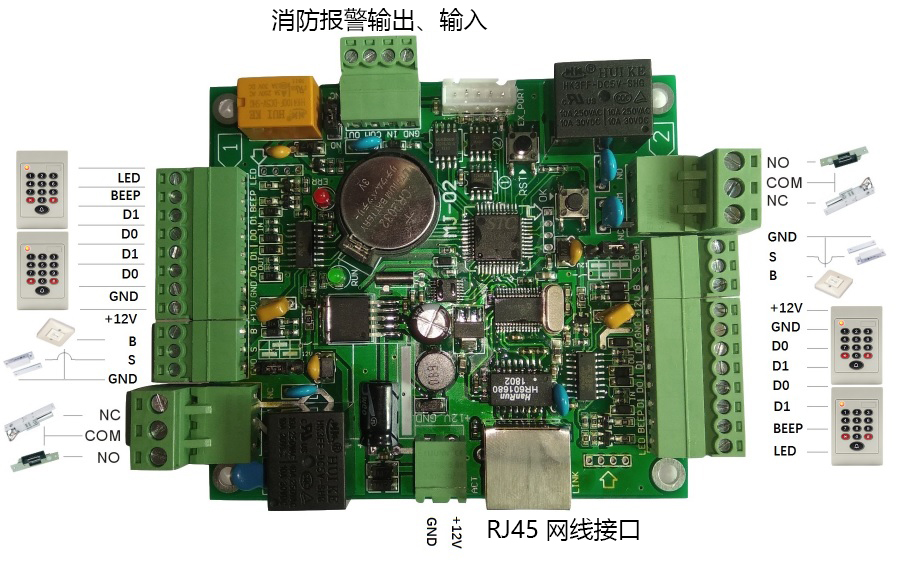

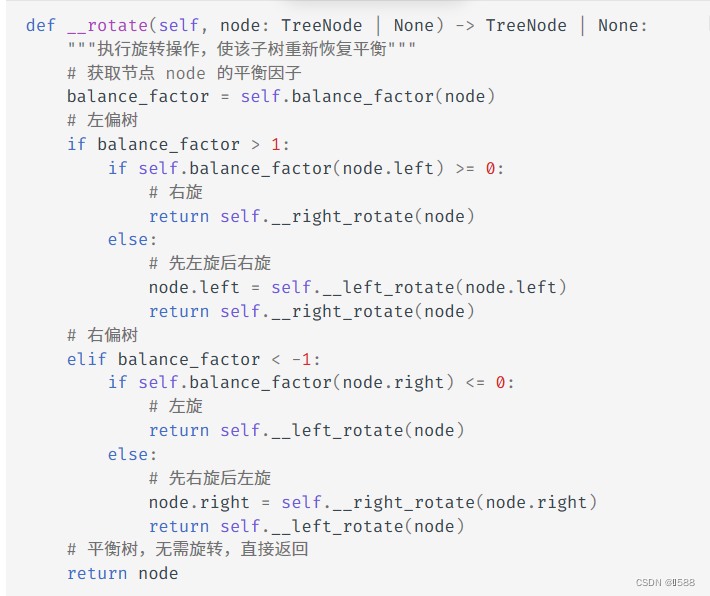
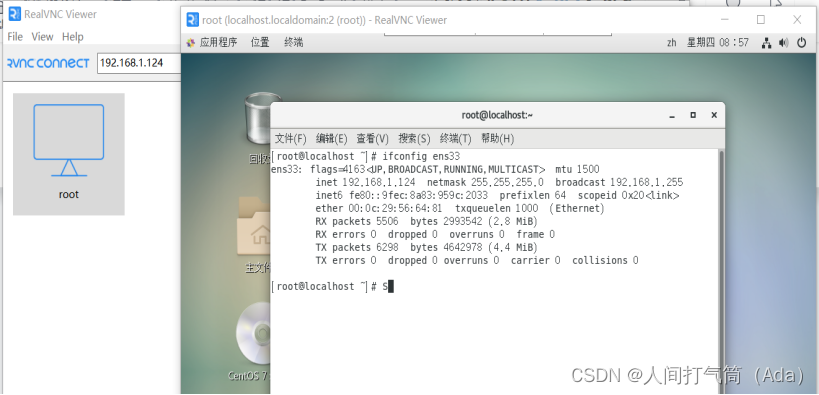
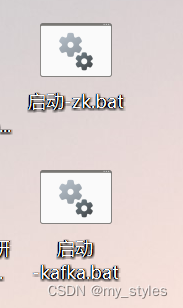

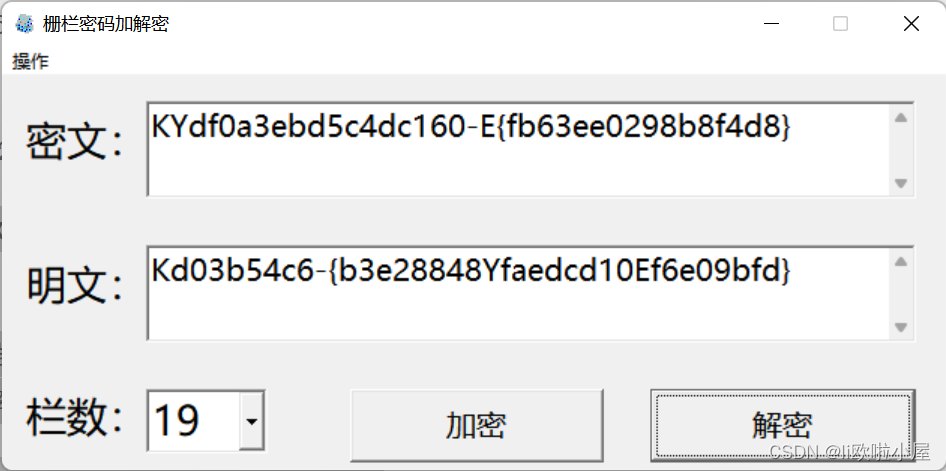

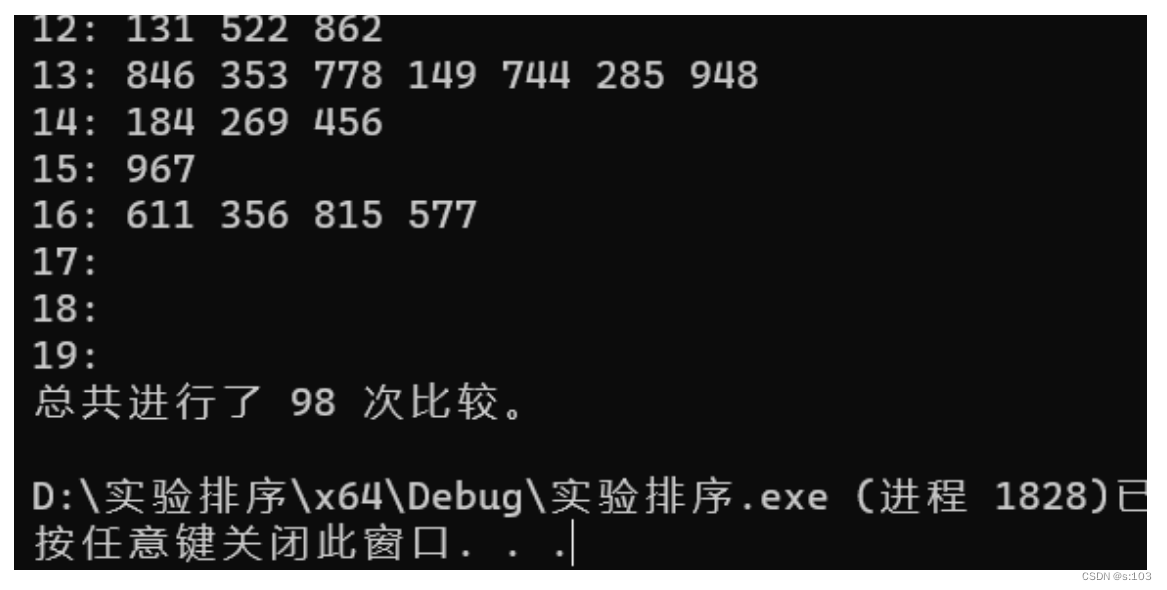
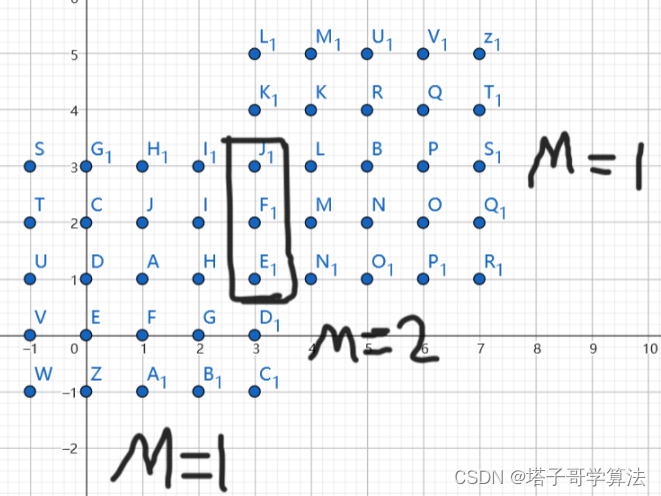
![[进阶]junit单元测试框架详解](https://img-blog.csdnimg.cn/41964ea0155b44a48bd55a33861ed872.png)
